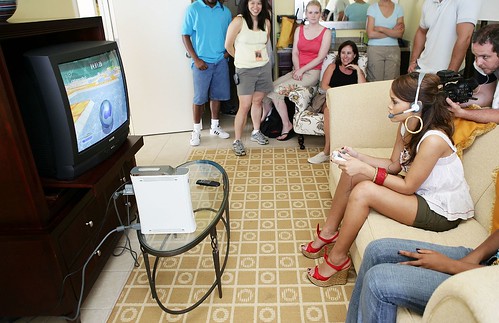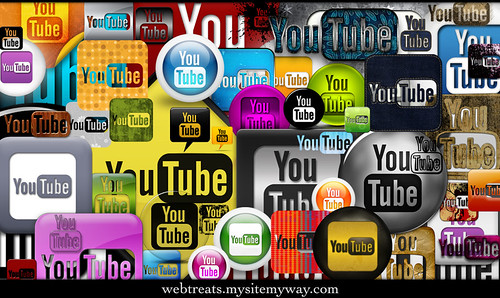The Internet makes everyone anonymous. It reduces personalities into a one-sentence bio, a single small photo, maybe a link or two. The indie author has to turn that anonymity into brand recognition. The best way to do it? Have a great author headshot.
Who Are You?
Notice the adjective. I said great. I didn't say sexy, or even spectacular. So what makes your author photo really great...and what makes it awful?
- Color vs. Black and White
Don't agonize over this decision, because it really doesn't matter much. One thing to keep in mind is your paperback editions. Full-color printing is more costly, so you may end up with a black and white photo anyway. As a rule of thumb, get yourself a photo that looks good both ways.
Okay, this gets tricky. Readers don't want to see your body, they want to see your face. So your author photo should be of your face. You don't need a lot of shoulder, and no chest. The more of your face readers can see, the better. The point of a photo is to show you are a real person, not just a made-up Internet ghost. So show them your face.
Get creative with your writing, not your Internet photography. A profile or three-quarter shot is dramatic, and may help draw a little extra attention, but at the end of the day you're trying to show them your face. Get too cute with camera angles, and you make yourself unrecognizable.
There's not a lot of staging you can do with a headshot, but you do have control over your expression. Take photos of several different poses to see which conveys the feeling you want. There are lots of ways to play it: serious and stoic, intense and thoughtful, fun and playful, open and happy. Try a few different smiles, a few with no smile, and so on.
Keep in mind that your expression ought to match your genre in all instances but one. If you are a children's author, smile! Kids and parents will find you more approachable as a writer if you look like a friendly person. If you write thrilling horror novels, I expect you to look a little dark and serious.
Choose an expression to match your writing style...unless you write romance/erotic novels. Why? Because you can break all these rules but one: don't look sexy. No pouty lips, no bedroom eyes and never, ever any cleavage. Ever. Your personal sex appeal will not help you sell books, and in fact a sexy photo will turn many would-be readers away. Look nice. Look friendly. Look scary. Don't ever look sexy. Remember this.
A great author headshot is as essential as your
author bio. Show them that you're a real person, and show them who you are. A great headshot will help you sell more books, and a bad one will turn potential readers away.























